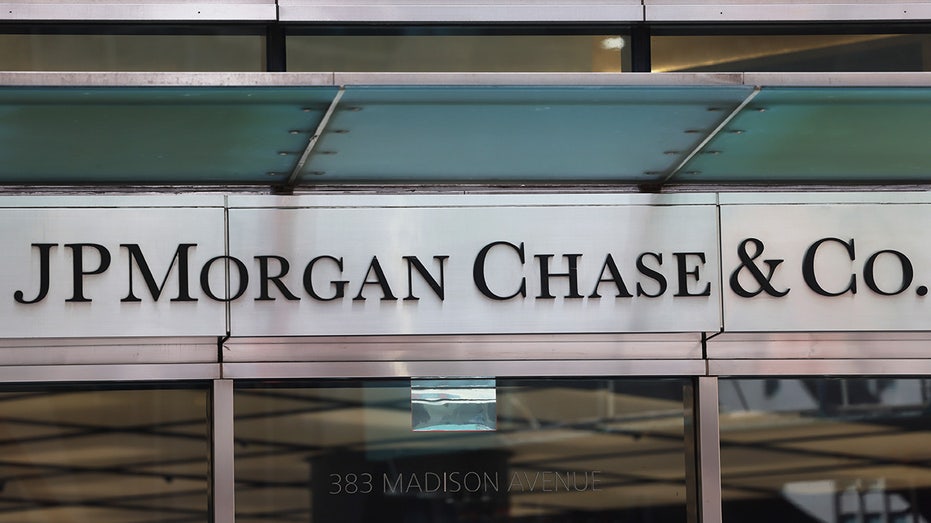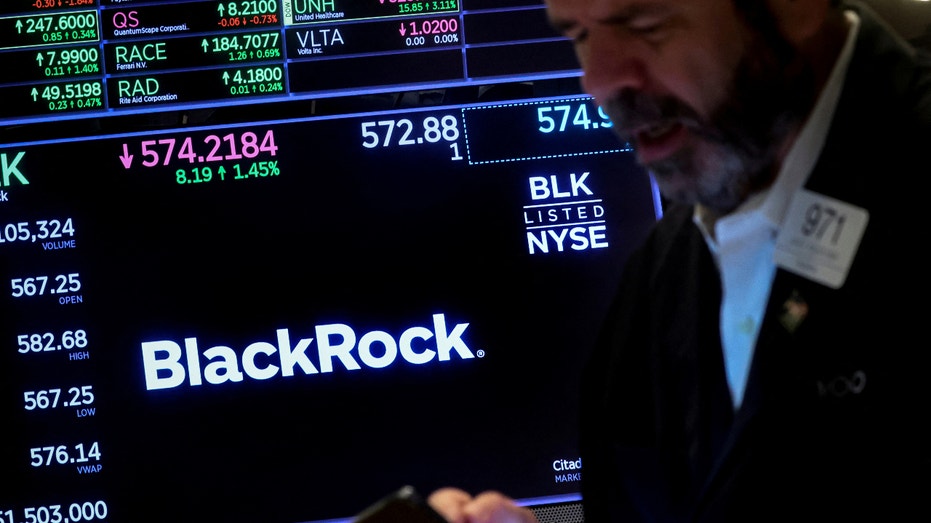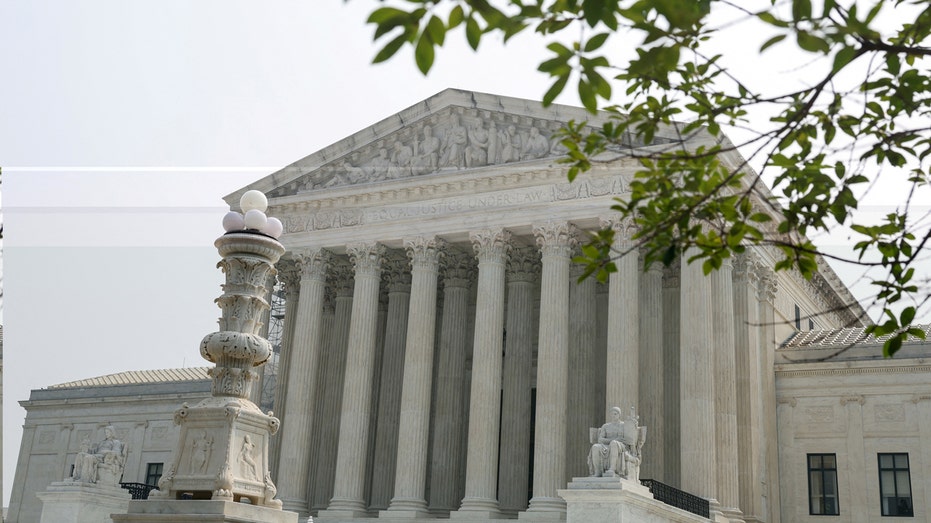Some companies revise diversity policies amid conservatives’ lawsuit threat
JPMorgan Chase among major US companies to revise corporate diversity programs
Corporate America being held captive by DEI push?
Wrong Speak Publishing founder Adam Coleman explains how diversity, equity and inclusion workplace initiatives have fueled a rapid loss of jobs.
Several major U.S. companies have modified their internal diversity policies that aim to increase racial and ethnic representation after conservative groups threatened to file lawsuits, according to a Reuters review of corporate statements.
At least six major U.S. companies, including JPMorgan Chase, revised their diversity policies after they were among the 25 firms that received public shareholder letters since 2021 that said their diversity, equity and inclusion (DEI) programs constitute illegal discrimination and breach the directors’ duties to investors.
Reuters found that the main changes made by the companies involved the removal of language that indicated certain programs were for members of underrepresented groups, or they modified the executives’ goals for increasing racial diversity in the workforce. However, the outlet was unable to directly link the changes to diversity programs to the lawsuit threats.
ELON MUSK SAYS ‘DEI MUST DIE,’ EXPLAINS WHY

JPMorgan Chase was among the major U.S. companies to revise corporate diversity programs, according to a Reuters review. (Michael M. Santiago / Getty Images)
For the other 19 companies that received shareholder letters about the legality of firms’ DEI initiatives, Reuters was unable to find publicly available changes. Some of those companies received shareholder letters in the wake of releasing their most recent annual reports that outlined some of the controversial policies.
JPMorgan received a letter in May 2022 that alleged 10 of its DEI programs were discriminatory and illegal. Around February 2023, descriptions of the bank’s "Advancing Hispanics & Latinos" and "Advancing Black Pathways" programs were changed, according to archived versions of the company website viewed by Reuters.
Those programs now invite applications from all students "regardless of background." JPMorgan spokesperson Allison Kahl told the outlet, "We remain fully committed to an inclusive workforce made up of top talent."
CONSERVATIVE GROUP CHALLENGES KELLOGG’S WORKPLACE DIVERSITY PROGRAMS

BlackRock is among the companies that changed its diversity programs amid the legal threat, Reuters found. (Brendan McDermid / Reuters Photos)
The world’s largest asset manager, BlackRock, received a letter on the topic in April and removed language that said a scholarship was "designed for" members of specific underrepresented groups. A BlackRock spokesperson told Reuters that the company was proud to expand eligibility for the scholarships.
| Ticker | Security | Last | Change | Change % |
|---|---|---|---|---|
| JPM | JPMORGAN CHASE & CO. | 322.10 | -0.30 | -0.09% |
| BLK | BLACKROCK INC. | 1,079.90 | +23.52 | +2.23% |
The letters sent to companies have come from two conservative legal groups, including the American Civil Rights Project, founded by Texas attorney Dan Morenoff, and America First Legal, which is led by Stephen Miller, who was an adviser to former President Trump.
CORPORATE DIVERSITY POLICIES MAY FACE SCRUTINY AFTER SUPREME COURT’S AFFIRMATIVE ACTION RULING

A Supreme Court ruling from June 2023 held that universities' use of affirmative action in admissions decisions was unconstitutional. (Evelyn Hockstein / Reuters Photos)
DEI programs and related initiatives proliferated at many major U.S. companies after the police killings of George Floyd in 2020 and other Black Americans amid calls for addressing racial disparities in corporate leadership.
A Supreme Court ruling from June 2023 that found that the use of affirmative action in universities’ admissions decisions was unconstitutional gave new momentum to conservative efforts to rollback corporate DEI initiatives.
GET FOX BUSINESS ON THE GO BY CLICKING HERE
However, the ruling didn’t directly affect companies, which are subject to anti-discrimination laws that prohibit the consideration of race and gender in individual hiring decisions. DEI programs that broaden the pool of applicants and remove barriers to advancement are considered legal.
Reuters contributed to this report.




















